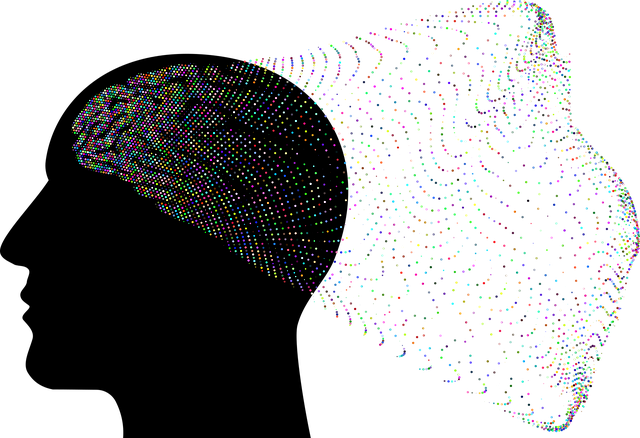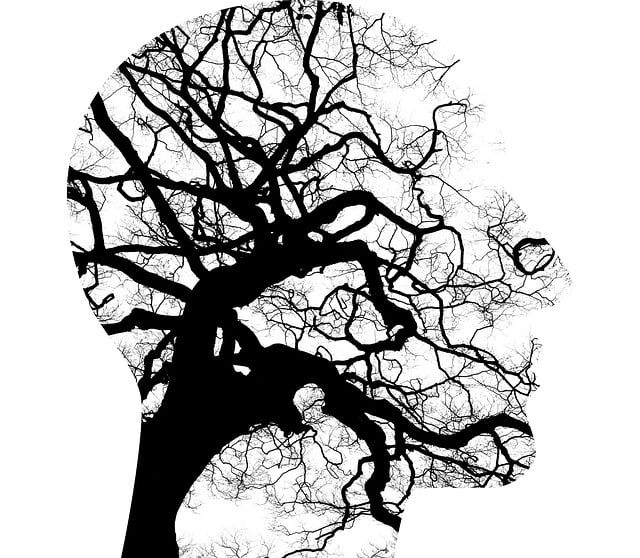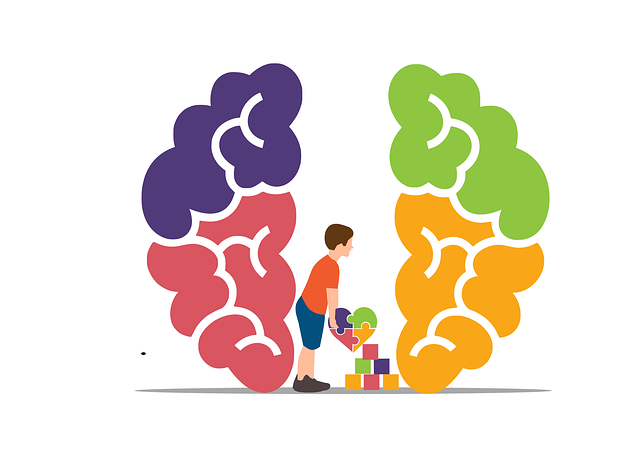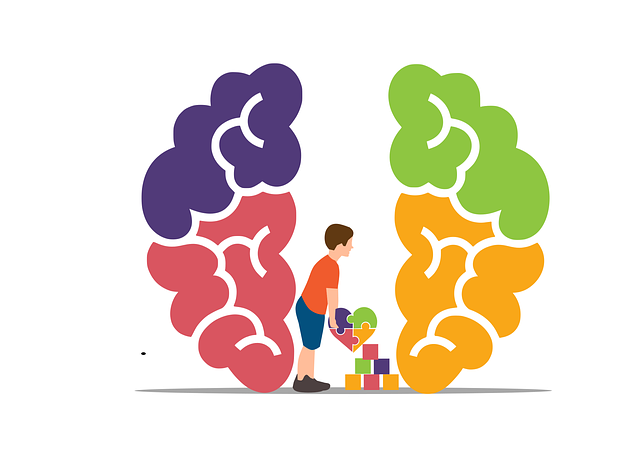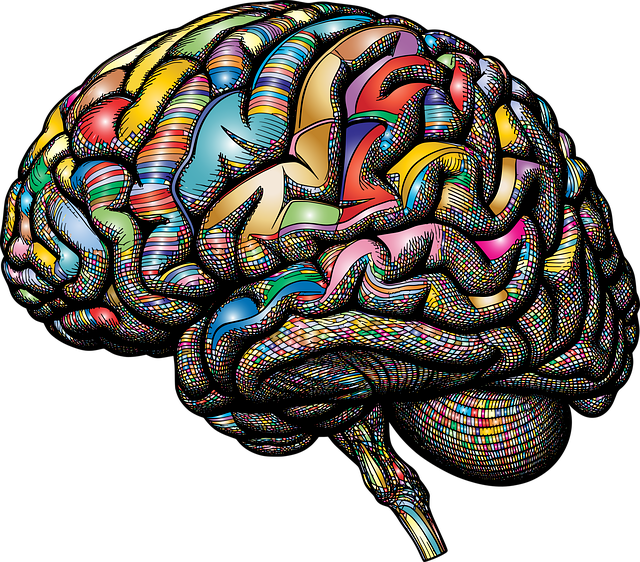Understanding Mental Health Data is a foundational step for improving Arvada Psychosis Therapy and broader mental wellness initiatives. This process involves meticulous data collection, cleaning, and organizing from various sources to ensure accuracy and avoid biases. By blending quantitative and qualitative methods, healthcare professionals can identify trends, such as growing needs for Arvada Psychosis Therapy, enabling strategic resource allocation and personalized care. Cultural sensitivity is crucial, focusing on diverse individual narratives beyond numbers. Accurate data interpretation leads to targeted policies, evidence-based practices, and refined programs like Mental Wellness Coaching. Leveraging digital tools in today's age enhances these efforts by uncovering hidden trends for tailored interventions and burnout prevention strategies.
Mental health data analysis is a powerful tool in understanding and improving patient outcomes, especially within the context of Arvada Psychosis Therapy. This article explores the process of analyzing and interpreting mental health data, from collection and preparation to advanced techniques. We delve into effective strategies for unearthing valuable insights, demonstrating how data-driven approaches can enhance patient care and inform therapy practices in Arvada. By harnessing these methods, therapists can navigate complex patient profiles and deliver more personalized treatments.
- Understanding Mental Health Data: Collection and Preparation
- Techniques for Effective Analysis of Mental Health Data
- Interpreting Results: Implications for Arvada Psychosis Therapy
- Enhancing Patient Care through Data-Driven Insights
Understanding Mental Health Data: Collection and Preparation

Understanding Mental Health Data is a pivotal first step in any analysis, especially when considering Arvada Psychosis Therapy and broader mental wellness initiatives. Effectively navigating this process begins with meticulous data collection, encompassing various sources such as patient records, surveys, and clinical assessments. Each data point should be meticulously documented, ensuring consistency and accuracy to prevent potential biases.
The preparation phase involves cleaning and organizing the collected data. This includes handling missing values, identifying outliers, and categorizing information for structured analysis. For instance, Burnout Prevention Strategies for Healthcare Providers can benefit from understanding trends in patient stress levels, which may be revealed through well-prepared datasets. By focusing on these foundational steps, healthcare professionals can effectively interpret data, ultimately enhancing the organization of Stress Management Workshops Organization and contributing to improved mental health outcomes.
Techniques for Effective Analysis of Mental Health Data

The effective analysis of mental health data involves a blend of quantitative and qualitative methods to gain comprehensive insights. Techniques such as statistical modeling and machine learning algorithms can help identify patterns and trends within large datasets, enabling researchers and practitioners to make informed decisions. For instance, analyzing trends in mental health diagnoses over time using these tools can reveal emerging issues like an increase in cases of Arvada psychosis therapy needs, helping communities allocate resources more effectively.
Cultural sensitivity in mental healthcare practice plays a crucial role in data interpretation. Understanding the diverse cultural contexts and beliefs surrounding mental wellness influences how individuals present symptoms and engage with treatment. Incorporating Mental Wellness Journaling Exercises guided by principles of Mind Over Matter can facilitate a deeper understanding of personal experiences and promote culturally sensitive care. This approach ensures that data analysis is not just about numbers but also reflects the nuanced experiences of individuals seeking mental health support.
Interpreting Results: Implications for Arvada Psychosis Therapy

Interpreting results from mental health data analysis is a pivotal step in tailoring effective Arvada Psychosis Therapy strategies. By examining trends and patterns within the collected data, therapists and researchers can gain valuable insights into the unique challenges faced by individuals seeking treatment for psychosis in Arvada. This process involves meticulous analysis of various factors such as demographic information, symptom severity, treatment adherence, and response to different therapeutic interventions.
Accurate interpretation allows for the development of targeted mental health policies, advocating for evidence-based practices and personalized care. For instance, understanding burnout prevention mechanisms among therapists can lead to the implementation of supportive strategies within Arvada Psychosis Therapy settings. Furthermore, data analysis can guide the creation and improvement of Mental Wellness Coaching Programs Development, ensuring comprehensive and tailored support for individuals recovering from psychotic episodes.
Enhancing Patient Care through Data-Driven Insights

In today’s digital era, healthcare professionals are increasingly leveraging data-driven insights to enhance patient care, particularly in areas like Arvada psychosis therapy. By analyzing patient records, treatment outcomes, and feedback, mental health experts can uncover trends and patterns that were previously difficult to discern. This enables them to tailor interventions more effectively, focusing on personalized strategies for mood management and conflict resolution techniques. Data analysis also aids in identifying burnout prevention strategies for healthcare providers, ensuring they remain equipped to deliver quality care.
Through sophisticated analytics, professionals can quickly assess what treatments work best for specific patient profiles. For instance, analyzing data from diverse patient populations might reveal unique cultural or social factors influencing mental health outcomes. This knowledge is invaluable for improving therapy protocols and fostering more inclusive and effective Arvada psychosis therapy practices. By integrating data-driven insights into clinical decision-making, the overall quality of care improves, leading to better patient outcomes and enhanced well-being.
Mental health data analysis plays a pivotal role in enhancing patient care, particularly within Arvada Psychosis Therapy. By understanding and interpreting collected data effectively, therapists can tailor treatments to individual needs, ultimately improving outcomes. Techniques such as advanced statistical methods and machine learning algorithms enable the extraction of valuable insights from complex datasets. This data-driven approach not only streamlines therapy but also ensures personalized care, fostering a more inclusive and effective mental health support system in Arvada and beyond.

